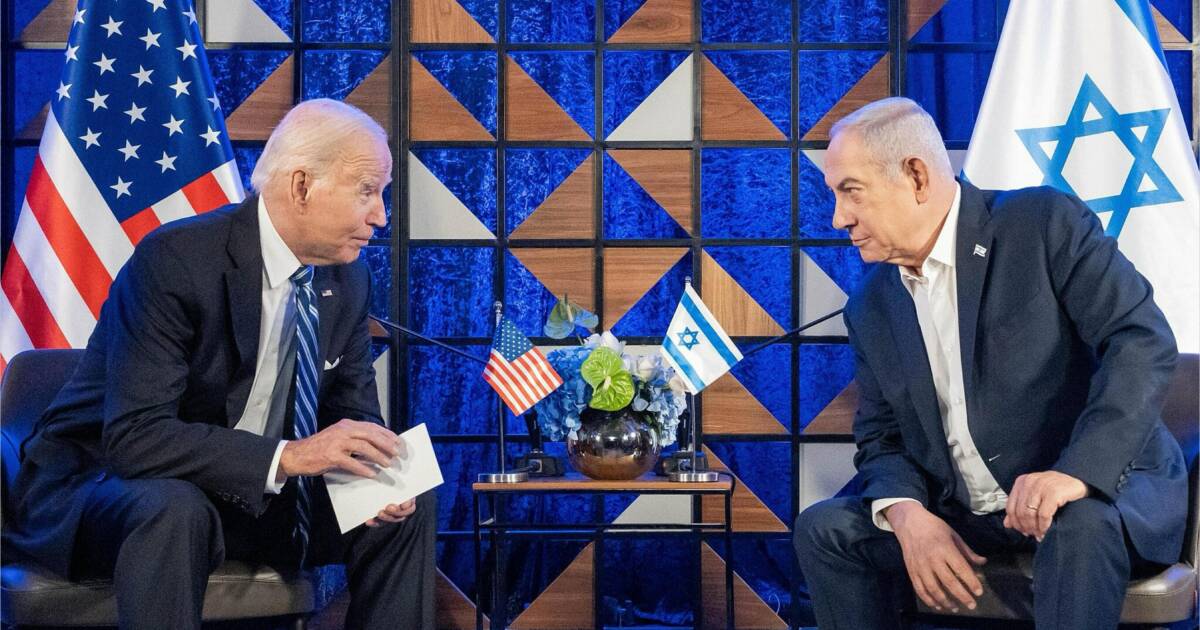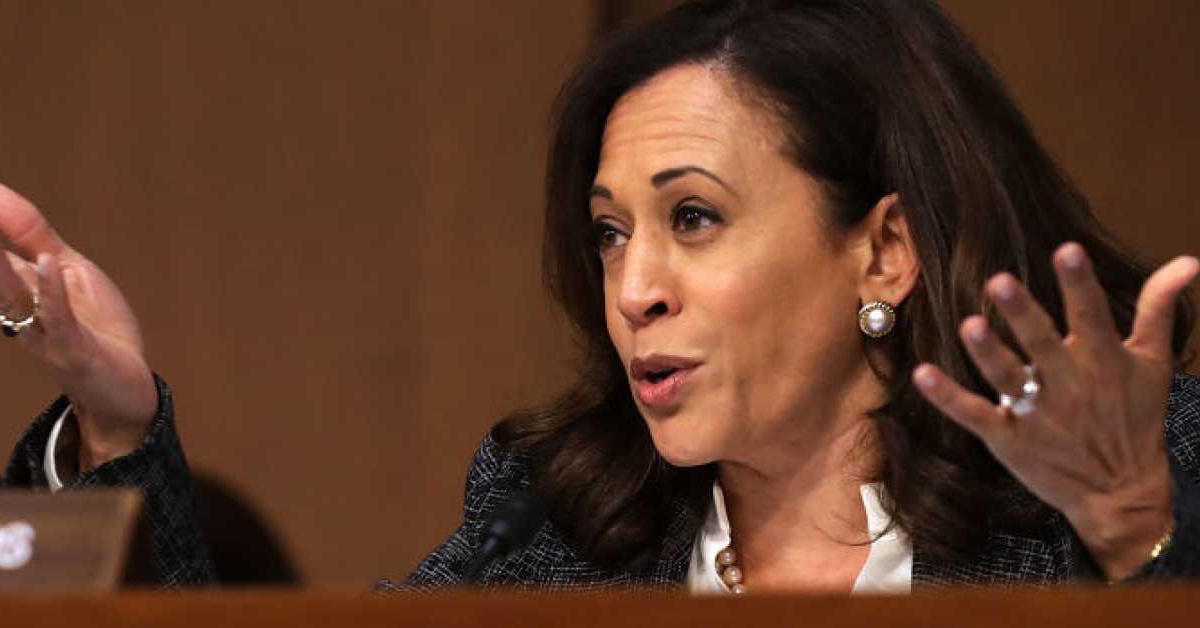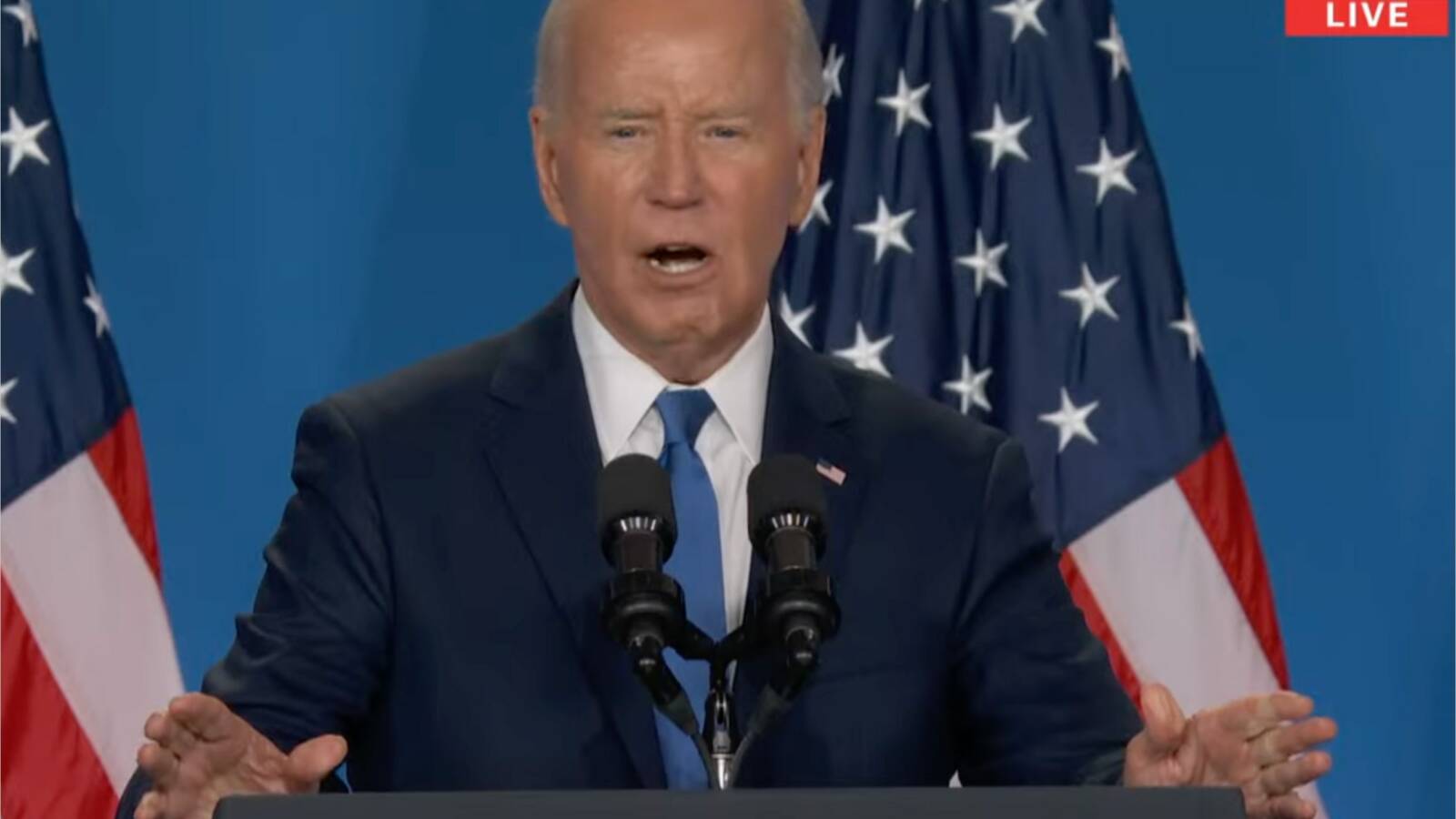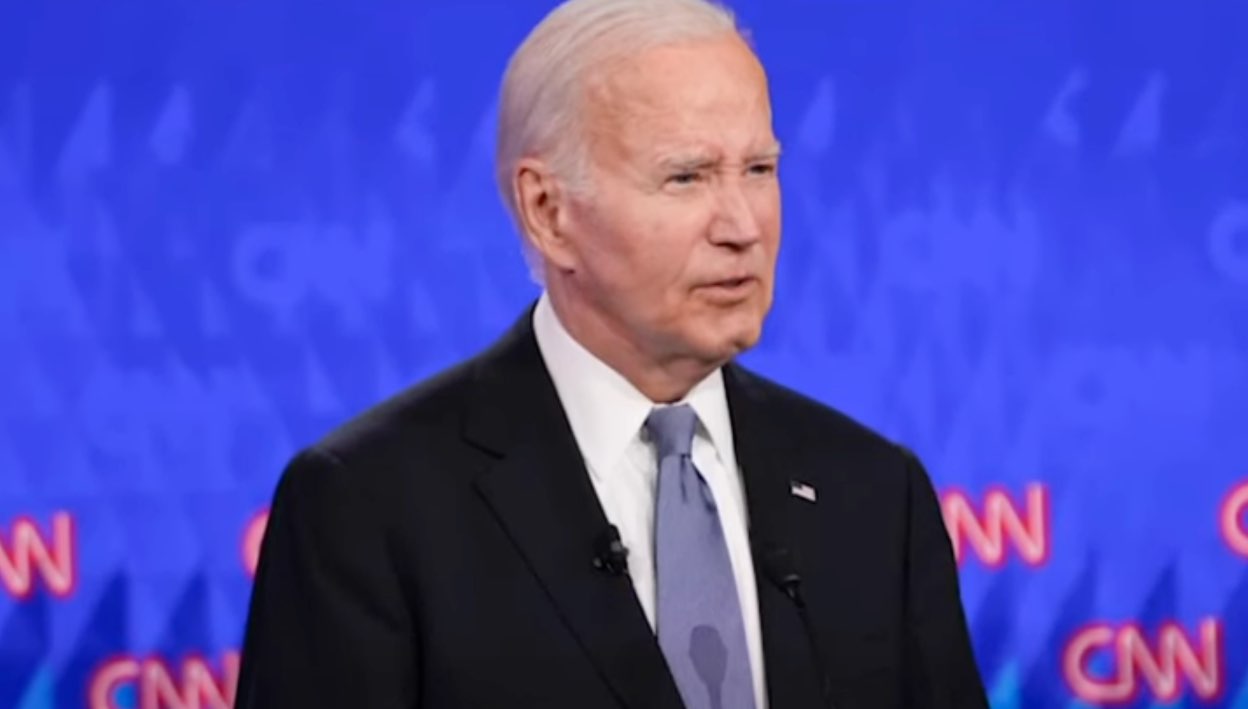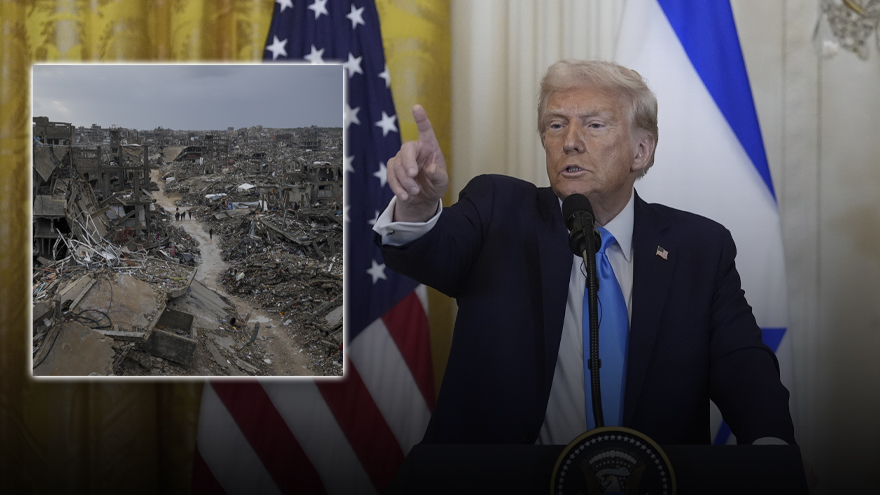The bond between the U.S. and Israel has been a tight weld since October 7th, but the cracks have now become evident due to political stress.
We must not forget the larger political forces at work between the two leaders, President Joe Biden and Israeli Prime Minister Benjamin Netanyahu. Biden is a Democrat in an election year, and his party’s left wing considers the Palestinians to be a sacred cause. Netanyahu leads a narrow coalition to keep his Likud party in power, though the “unity” war cabinet has frozen politics for a time, his own trial for corruption is once again proceeding. The PM depends on a far-right (and in Israel, that means ultra-Orthodox Jewish nationalists) cabal to keep him in power.
To appease this religious base, Netanyahu is allowing some dangerous, even reckless, moves. Israeli police have approved a march on Thursday, the first full night of Hanukkah, from the Damascus Gate, through the Muslim Quarter, to the Temple Mount / Al Aqsa Mosque in Jerusalem. The marchers are a group of activists calling to “restore full Jewish control over the Temple Mount and Jerusalem.” They’re billing their event as a “Macabbi march,” after the Biblical story of the Maccabees who revolted against the Seleucids who ruled Judea in the 2nd century B.C.
A thread posted on X/Twitter by Daniel Seidemann, a Jersualem attorney, was quoted by Haaretz. Seidemann called this march “the Jerusalem equivalent of DEFCON 1.” Though “only” 200 participants will march, this is the Israeli equivalent of Charlottesville marchers with tiki torches. To allow is it unbelievably ham-handed, or even purposely incendiary.
“If there is any provocation more dangerous, more incendiary and more likely to trigger an eruption of violence in East Jerusalem and/or the West Bank and/or the Lebanese border, I can’t think of one,” Daniel Seidemann, a Jerusalem attorney specializing in the geopolitics of contemporary Jerusalem, tweeted on Monday.
It’s provocations like this that spark violence in the West Bank. Israeli police and military have been rounding up “suspects” in Jenin and other Palestinian areas in anticipation of increased violence. While the IDF is fighting a shooting war with Hamas in Gaza, Israel hardly needs more violence with Palestinians, and of course, this will further fray relations with the United States.
In a salvo against Israel’s course, the Biden administration announced on Tuesday that Israelis considered “extremist settlers” in the West Bank would be subject to a visa ban. Any Israeli citizen “deemed to be ommitting acts of violence or undermining peace and security in the West Bank, particularly against Palestinians, will be banned from entering the U.S.,” The Hill reported. This also includes individuals who currently have visas, who will be notified their document is revoked.
At the end of September, the U.S. added Israel to its visa waiver program, which allows Israelis to travel to the U.S. without a visa. The new announcement appears to roll back that status which Israel had long sought, at least for some individuals. It’s one of the first public cracks in the relationship between the two nations.
This fraying was bound to happen.
President Biden’s approach to foreign wars has been surprisingly isolationist, and almost Trumpy in its reluctance to commit American forces overseas. Since taking office, Biden has pulled back our commitments, but has not been afraid to project power in order to keep wars from widening, thus potentially requiring a direct American military response.
The main reason there are two U.S. carrier strike groups buffering Israel, one to the east and one to the west, is to keep Israel’s many opportunistic enemies from widening the conflict in Gaza. So far, that strategy has worked, but it’s quickly being tested. Yemeni Houthi rebels have been escalating attacks on commercial shipping in the Red Sea, and have even engaged against U.S. warships. The USS Carney shot down multiple drones on Sunday.
As the Gaza war progresses into the south, into the heart of Hamas’ command and control in Khan Younis, Iranian-funded proxies like the Houthis and Hizbollah may get bolder in their attacks, trying to force the U.S. to back down or further distance itself from Israeli policy on the war.
The political fallout is just beginning. Vice President Kamala Harris was in Dubai over the weekend, where she spoke of a “unified Gaza and West Bank under Palestinian Authority” control, Haaretz reported. Netanyahu has rejected that idea, unveiling a plan to keep the IDF in Gaza for a much longer term, creating a buffer zone of up to 2 kilometers around the border with Israeli. In Netanyahu’s plan, Israel will directly administer Gaza. Most experts think this is untenable.
Secretary of Defense Lloyd Austin echoed Harris, speaking in California over the weekend. “The center of gravity is the civilian population,” Austin said. “[And] if you drive them into the arms of the enemy, you replace a tactical victory with a strategic defeat.” Given that Hamas has controlled Gaza since 2007, and half of Gaza’s population is under 18 years old, a whole generation has grown up knowing nothing but Hamas and its burning hatred of Israel. There’s no way Israel can ever hope to win the hearts of these young people, who have witnessed incredible violence as the IDF wipes Hamas from the land.
I agree, as do most Americans, that Hamas must be dismantled, or at least their ability to make war must be destroyed. But what happens afterward is not a matter for dangerous fantasies. Some Israeli political commentators think Netanyahu is pursuing this dangerous policy on purpose, so he can maintain his “creds” with his right-wing ultranationalist base, and then blame Biden for “holding him back.” Perhaps this is true.
Political gamesmanship should not be the driving force when the lives of hostages, innocents, and those who are fighting in Gaza to preserve the State of Israel are at stake.
After Thursday’s “Macabbi march,” Netanyahu’s games might just make the situation too hot to handle.
Follow Steve on Twitter @stevengberman.
The First TV contributor network is a place for vibrant thought and ideas. Opinions expressed here do not necessarily reflect those of The First or The First TV. We want to foster dialogue, create conversation, and debate ideas. See something you like or don’t like? Reach out to the author or to us at ideas@thefirsttv.com.

